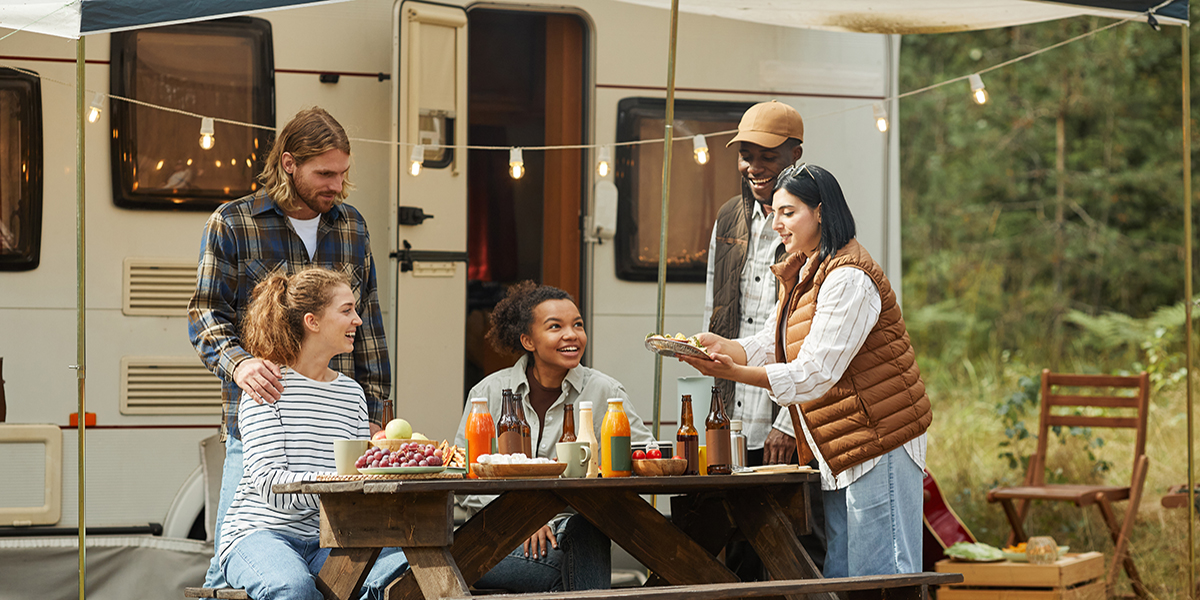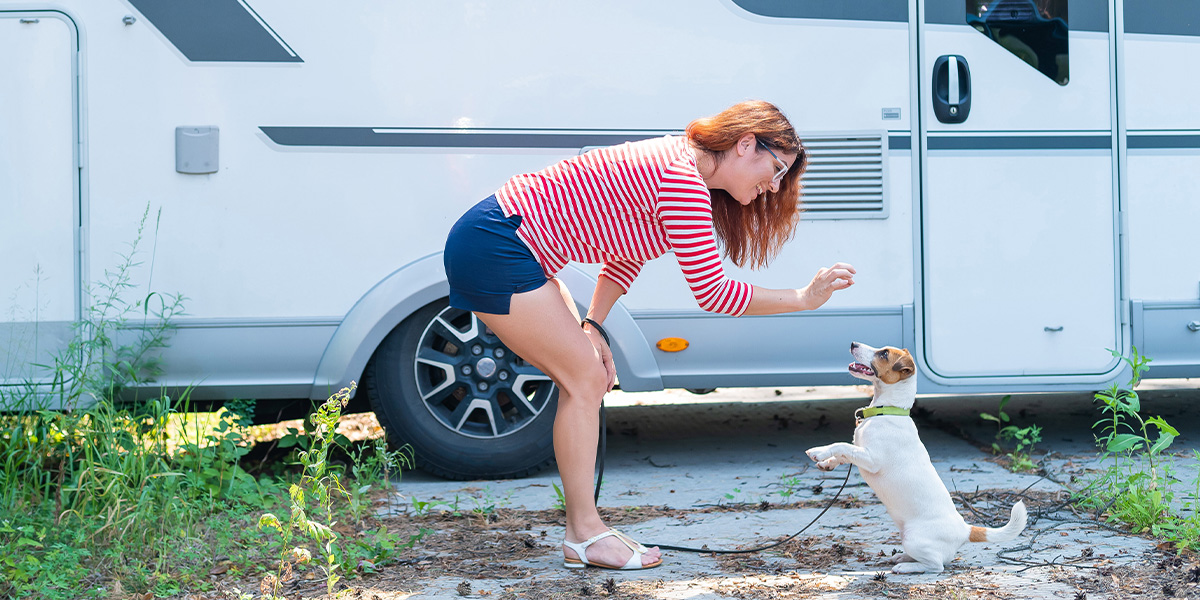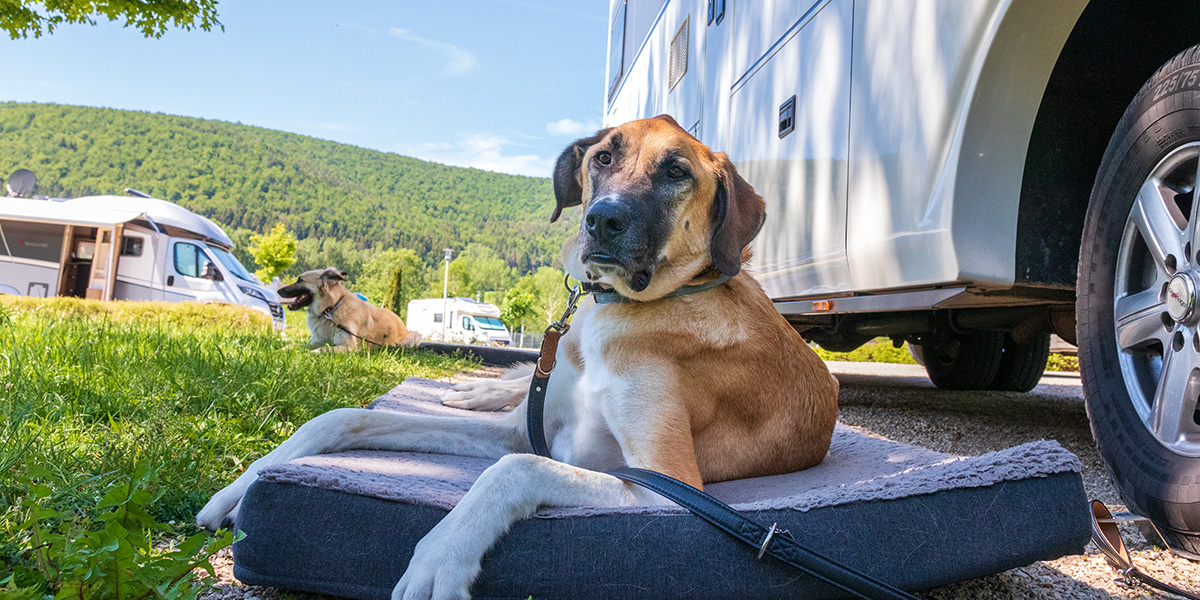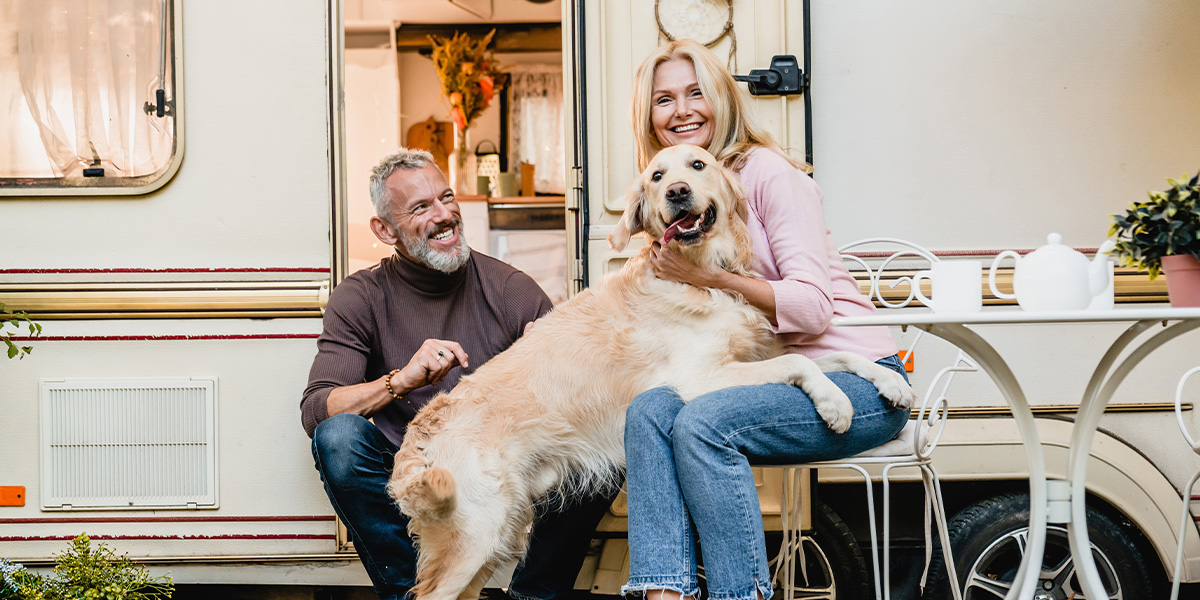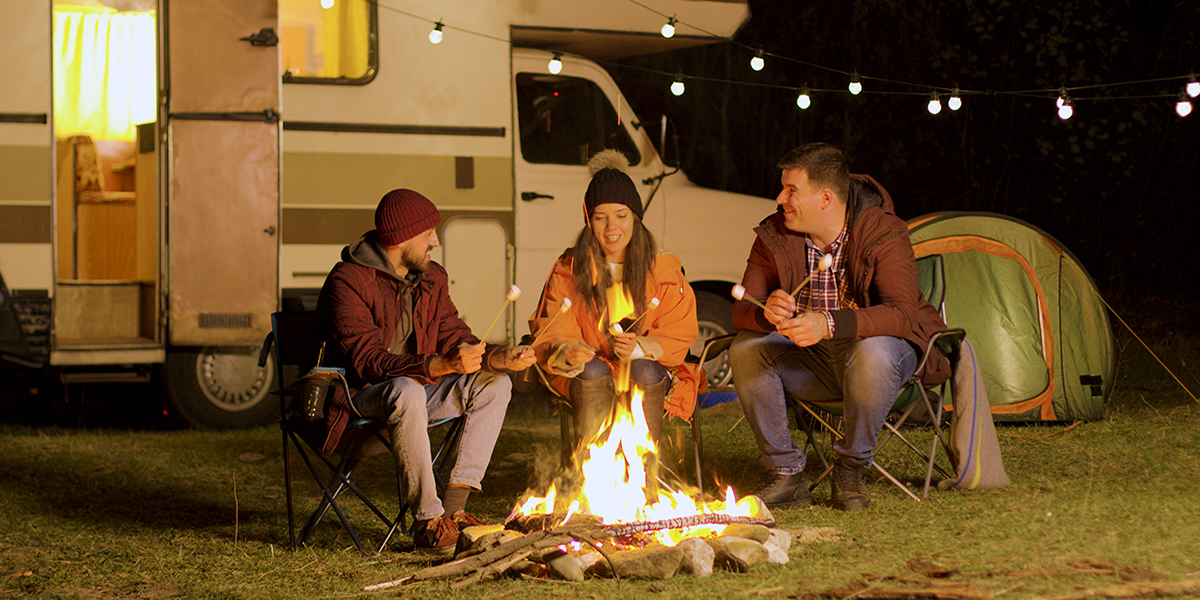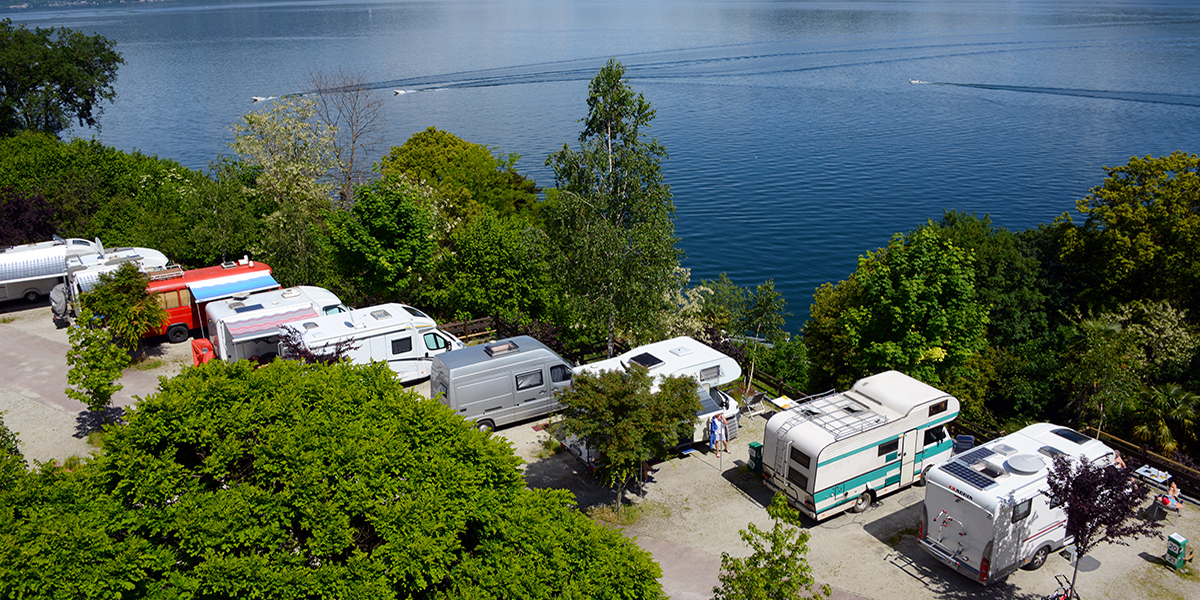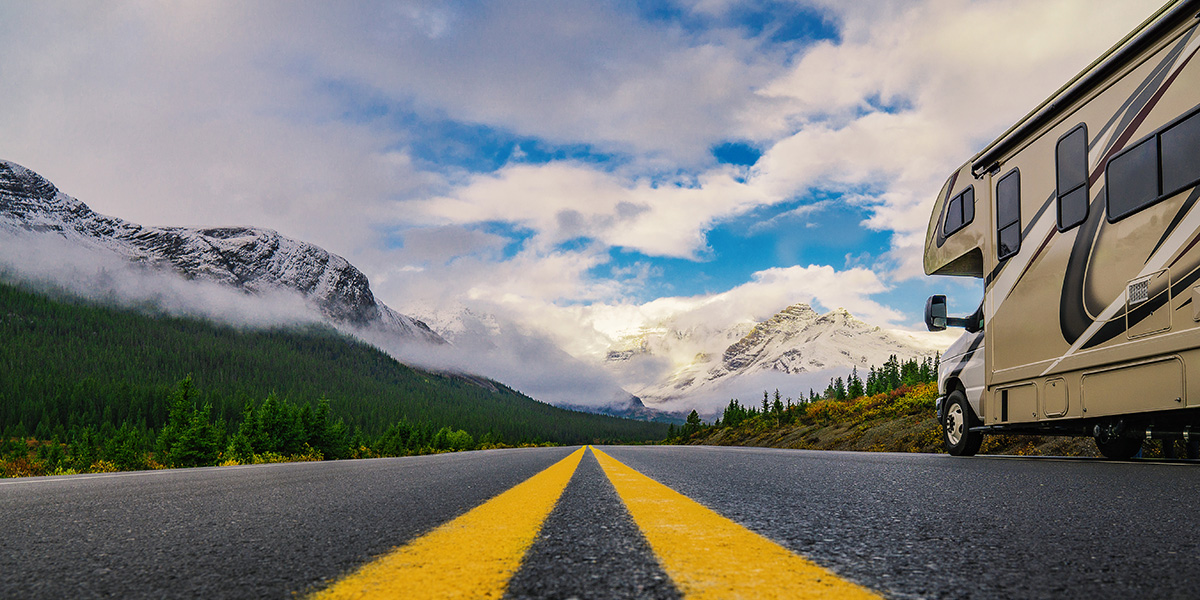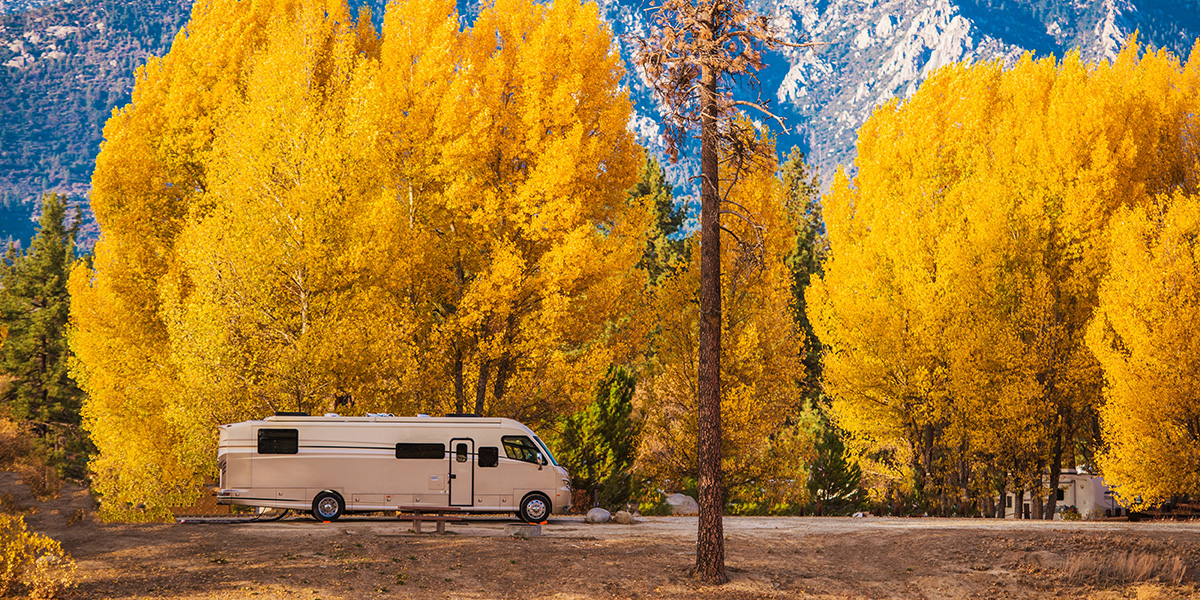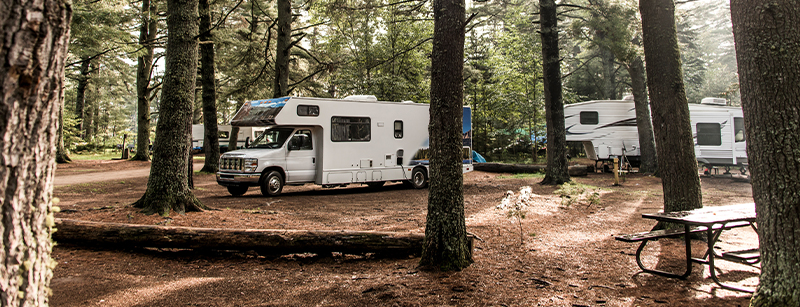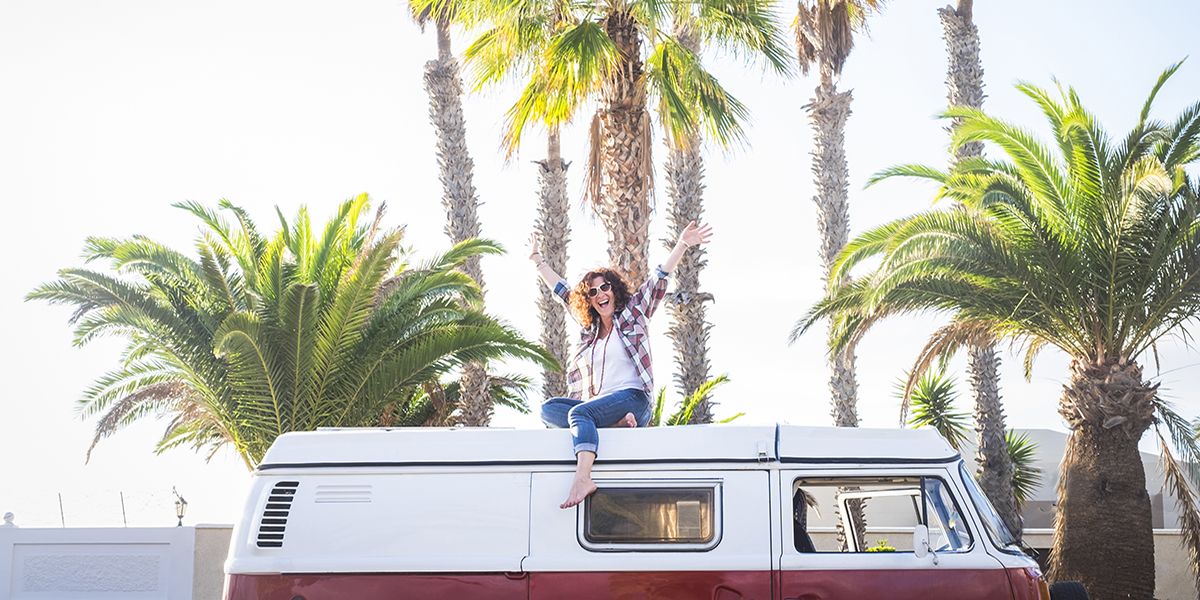Getting out into the world in an RV can provide exciting adventure, casual relaxation, lifelong memories, and an all-around good time. Yet as simple as these pleasures are, actually driving, setting up, and living in an RV does require a fundamental understanding of the unit’s parts, systems, and operations. Whether you’re new to owning a home-on-wheels or are a veteran RVer, there’s lots to know, from how to level your RV to understanding RV weights, to operating the awning and slideouts, to emptying the holding tanks, and so much more.
Yes, it can be a lot. The great news is that there are many ways to educate yourself about your RV. To help you understand all the educational tools available to you, FMCA is breaking down seven ways to learn more about RVs.
1. Classroom Learning
If you’re interested in classroom-style learning, it’s good to know that RV shows and rallies often engage experts to present seminars. FMCA takes it one step further with a course called RV Basics. This two-and-a-half-day program will acquaint (or reacquaint) you with your RV’s operation and systems. RV Basics is conveniently scheduled right before each FMCA International Convention & RV Expo. Knowledgeable presenters share how-tos and instructions to help keep RV adventures in your motorhome, travel trailer, or fifth wheel safe and trouble-free.
2. Hands-On Learning
What better way to learn how to maneuver and drive an RV than hands-on training? FMCA, in partnership with the RV Driving School, offers a pair of programs for those wishing to become safer and more confident drivers. All training is done using YOUR RV. The RV Driving Class is a two-day program with classroom instruction on day 1 and behind-the-wheel training on day 2. The RV Backing Class is a one-day session with 2 hours of training in the morning and 3.5 hours of individual backing practice in the afternoon. Seats are limited for each class.
3. Online Classes
Maybe you’re more of an online learner? A wealth of information is available on the internet, but you need to consider the source. FMCA is a trusted organization that provides an online hub of RV-related resources exclusively to its members through FMCA University. Members can log on to FMCA University 24/7 to take classes about things such as winterizing an RV, RV entertainment systems, motorhome chassis, RVing tips, and so much more, provided by RV industry experts.
4. Online Articles
Of course, you don’t have to only learn about RVs while in a classroom. The Internet is a never-ending source of information, including about RV maintenance and operation. Online articles can teach you everything from general overviews and checklists to incredibly specific instructions and tips for making the most out of your RV. Again, you do need to carefully consider the trustworthiness of the source before taking any action. For example, the RV Trader blog provides many trusted, helpful articles.
5. Online Forums
Perhaps you enjoy interacting with other RV owners and prospective owners. Online forums provide a place for RV enthusiasts to exchange information. Say, for instance, you have started to hear an unusual sound while backing your RV. Forums are a great way to reach out and chat with others to see whether they have experienced the same thing and to learn how they might have handled the issue.
6. YouTube Videos
You could spend days on end watching YouTube videos related to RV life. RV manufacturers and various other RV organizations provide a wide variety of educational YouTube videos. With content intended for everyone from beginning RVers to veteran RV travelers, topics include DIY project tips; camping hacks; propane, plumbing, and brake systems; and much more. The great thing about YouTube videos is that they are free and easy to access. Plus, you can learn at your own pace.
7. Magazines
RV magazines are another useful educational resource. Not only can you read articles written and published by RV industry experts, but you can browse through the classifieds to find a fit to your needs. Or read about the latest recall news that you may have missed. It’s important to stay abreast of RV information. Read the latest RV lifestyle and tech tips, learn about places to visit, etc.
No matter how you choose to educate yourself, the bottom line is that RV education is important and should not be taken lightly. Simple mistakes can be very costly to fix or repair, so be careful when educating yourself. Make sure that you are pursuing information from credible sources. Check the facts. Ask yourself the following questions: How timely is the information? Is it current and relevant? What is the source of the information? Is the source reliable and the information accurate? As we all know, not everything we read on the internet is true. So, take care when searching for RV-related information.
And if you’re looking for your next fifth wheel or any other type of RV, be sure to check out all the inventory available for-sale and for-rent on RVTrader.com.
 FMCA educates, equips, and empowers RV owners in their journey to creating, experiencing, and benefiting from the outdoor lifestyle they dream of and deserve. FMCA is your ally to the outdoor lifestyle you love and enjoy.
FMCA educates, equips, and empowers RV owners in their journey to creating, experiencing, and benefiting from the outdoor lifestyle they dream of and deserve. FMCA is your ally to the outdoor lifestyle you love and enjoy.
